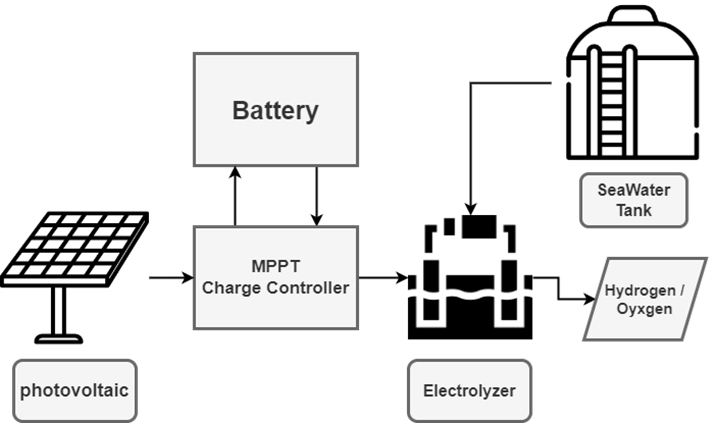Found 2 results
Article
20 February 2024Wind Influence on the Electrical Energy Production of Solar Plants
Solar energy, as a clean source of energy, plays a relevant role in this much desired (r)evolution. When talking about photovoltaics, despite the multiple studies on parameters that affect the panels operation, concrete knowledge on this matter is still in an incipient stage and precise data remains dispersed, given the mutability of outer factors beyond technology-related properties, hence the difficulties associated with exploration. Wind is one of them. Wind loads can affect the temperature of photovoltaics, whose efficiency is reduced when higher temperatures are reached. The viability of wind as natural cooling mechanism for solar plants and its influence on their electrical energy production is studied in this research work. Some appropriate results were achieved: depending on the module temperature prediction model used and on the photovoltaic technology in question, solar panels are foreseen to be up to approximately 3% more productive for average wind speeds and up to almost 7% more productive for higher speeds. Taking into consideration that wind speed values were collected in the close vicinity of the modules, these results can be proven to be even higher. That being said, this article contributes with accurate insights about wind influence on electrical energy production of solar plants.

Article
19 September 2023Advancing Green Hydrogen Production in Saudi Arabia: Harnessing Solar Energy and Seawater Electrolysis
The transition to clean and sustainable energy sources is crucial for combating the challenges posed by climate change. Green hydrogen, produced through renewable energy-driven electrolysis, holds significant promise as a viable clean energy carrier. The study introduces a system that leverages abundant solar energy and utilizes seawater as the feedstock for electrolysis, potentially offering a cost-effective solution. A comprehensive mathematical model, implemented in MATLAB, is employed to simulate the design and operational efficiency of the proposed green hydrogen production system. The system’s core components include solar panels as a clean energy source, an advanced MPPT charge controller ensuring optimal power delivery to the electrolyzer, and a seawater tank serving as the electrolyte source. The model combines these elements, allowing for continuous operation and efficient hydrogen production, addressing concerns about energy losses and cost-effectiveness. Results demonstrate the influence of solar irradiance on the system’s performance, revealing the need to account for seasonal variations when designing green hydrogen production facilities. Theoretical experiments are conducted to evaluate the behavior of a lithium battery, essential for stabilizing the system’s output and ensuring continuous operation during periods of low solar radiation.
